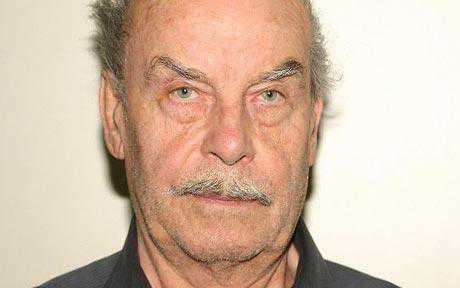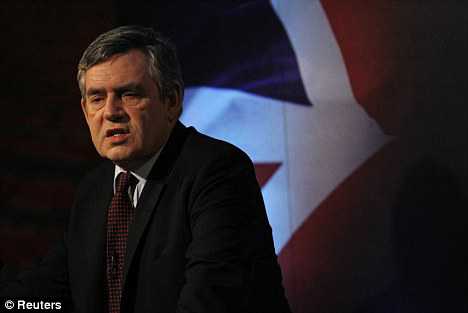Civil Georgia, Tbilisi / 10 Mar.2010
Georgian human rights and advocacy groups met with British, French and U.S. ambassadors in Tbilisi on March 10 to convey their concerns regarding recent cases of, as they put it, targeting human rights groups and activists.
Representatives from Human Rights Centre (HRC), Georgian Young Lawyers Association (GYLA) and Multinational Georgia, an umbrella organization for dozens of NGOs working on ethnic and religious minority issues, participated in the meeting held in the office of HRC.
“There have been cases of direct or indirect pressure on activists and human rights groups and we wanted to inform ambassadors about these cases,” Ucha Nanuashvili, head of Human Rights Centre, said.
He said, among other issues, the case of Arnold Stepanian, founder of Multinational Georgia and representative of Armenian community in Georgia, was raised during the meeting.
Some Georgian media outlets alleged recently Stepanian was working for the Russian intelligence. Posts made by anonymous users on several Russian internet discussion forums were cited as source of information.
One of such reports was aired recently by Tbilisi-based Real TV, a station going out in Tbilisi through cable. Its 9-minute long report on the issue opens with footage from a meeting of leaders of Alliance for Georgia (Irakli Alasania, Davit Usupashvili, Davit Gamkrelidze and Sozar Subari) with representatives of Armenian community, also attended by Arnold Stepanian; the footage is accompanied by voiceover saying: “Irakli Alasania, Davit Usupashvili, Davit Gamkrelidze and Sozar Subari are sitting alongside with a presumed special agent of Russia’s Federal Security Service Arnold Stepanian.”
In general targeting opposition politicians has become a hallmark of Real TV; but the way how the station does it has become a source of criticism from many journalist and media experts saying that the station’s reports are often mudslinging.
After the meeting in HRC office, French Ambassador Eric Fournier told a reporter from Real TV: “Your channel has specifically targeted some members of the opposition to make a very cynical portrait of them and it has been considered as concern by many of us.”
John Bass, the U.S. ambassador, said the meeting aimed at getting “first-hand impression, first-hand assessment” about the human rights landscape in Georgia.
“It’s part of our broad interaction with wide range of organizations so that we can assess human rights situation as part of our broad commitment to help Georgia to realize its goals of membership in Euro-Atlantic community,” Bass said.
Denis Keefe, the British ambassador, said work of human rights groups was “fundamental to Georgia’s democratic development.”
“We have good cooperation with number of these NGOs… and we have very useful and serious discussion,” Keefe said.
Ucha Nanuashvili of HRC said that another case raised with the diplomats was related to a long-time investigative journalist Vakhtang Komakhidze, who has requested asylum in Switzerland, citing pressure from the authorities.
On February 26 eighteen human rights and advocacy groups released a joint statement expressing concern over, as they put it, smear campaign against them.
“Information campaign against human rights organizations has intensified since December 2009. Those media outlets, which are either controlled by or have links with the authorities, have reported biased stories one after another, where some human rights groups were portrayed as the country’s enemies working against public interests,” a joint statement by 18 non-governmental organizations.






